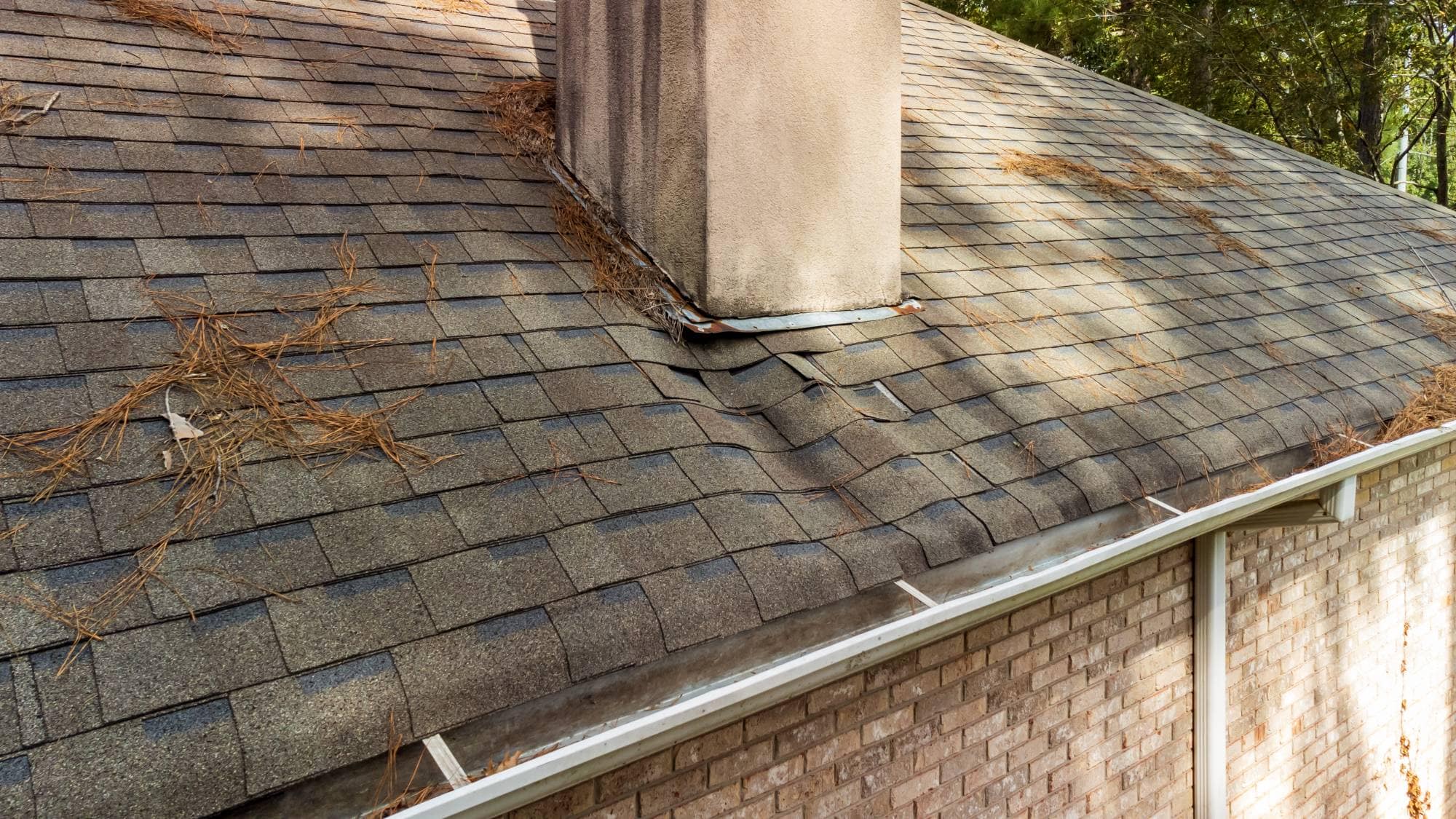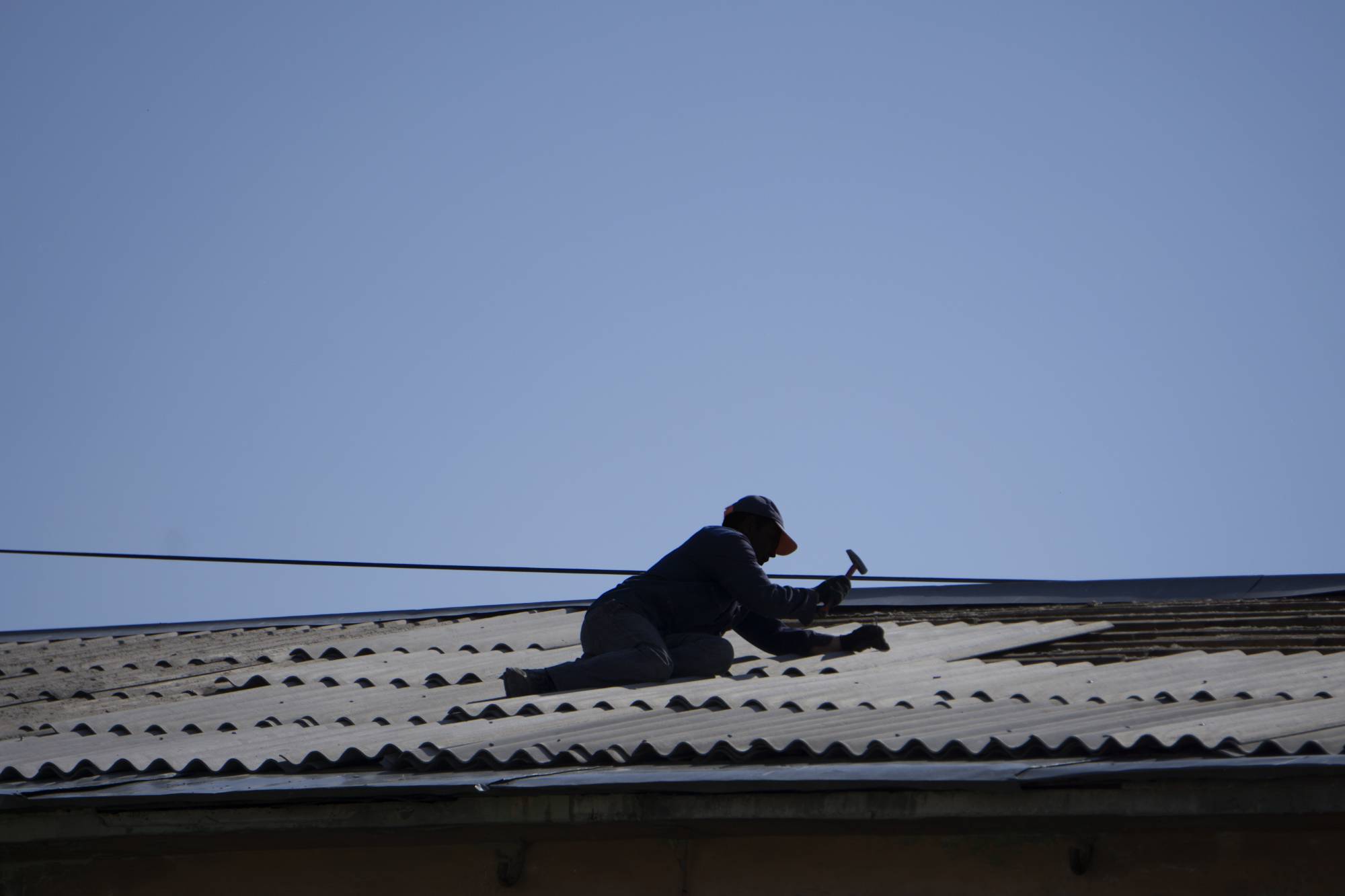Simple flashing repairs or minor sealant applications typically cost a few hundred dollars and take just a few hours to complete. More extensive work like crown replacement or significant masonry repair can run $1,000 to $3,000, depending on the damage extent. The real cost is what happens if you don’t fix leaks promptly. Water damage to interior walls, flooring, and structural framing can easily cost $5,000 to $15,000 or more. Mold remediation adds thousands more to that bill. We provide detailed estimates that break down exactly what needs repair and why. No hidden fees, no surprise charges—just honest pricing for permanent solutions that protect your Lincoln home and your wallet.




